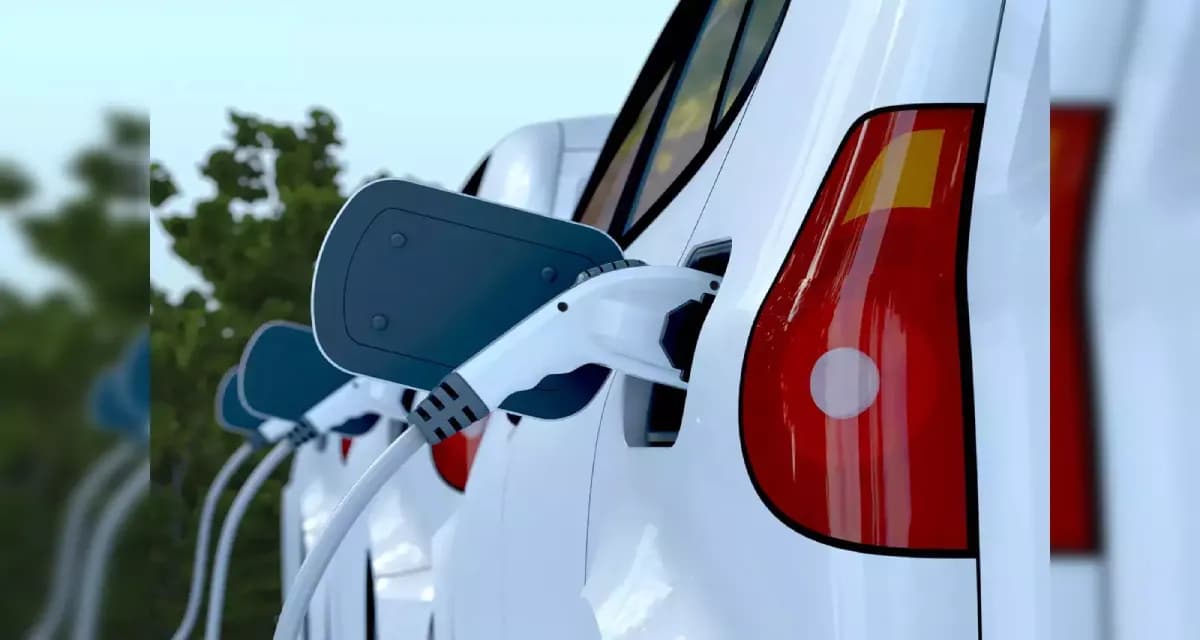The European Commission is contemplating a significant reduction in import tariffs for electric vehicles (EVs) produced by Volkswagen and BMW in China, a move that could reshape the dynamics of the European automotive market. This potential tariff adjustment, which would lower the rate to 20.8% from the current 37.6%, comes amid growing concerns from German manufacturers about possible retaliation from China.
Sources familiar with the discussions revealed that the European Commission is inclined to classify Volkswagen and BMW as "cooperating companies." This designation would make their China-manufactured models eligible for the reduced tariff rate. The vehicles affected include BMW’s electric Mini and Volkswagen’s Cupra Tavascan, produced by the SEAT brand. Notably, these models were not included in Brussels' preliminary analysis leading up to the tariff announcement, resulting in their automatic classification under the highest tariff level.
This proposed tariff reduction marks a significant moment for the European automotive industry, particularly for German manufacturers who are increasingly reliant on imports from China. The urgency for this adjustment is underscored by the fact that the German automotive sector generated approximately one-third of its revenue from the Chinese market last year. As such, the industry is apprehensive about potential retaliatory actions from the Chinese government should the tariffs be enforced in their current form.
The European Commission's investigation into the tariff structure is ongoing, with a final decision expected by autumn. In this context, companies, including Tesla, are actively participating in the dialogue. Tesla has requested its own tariff rate, underscoring the competitive tensions in the EV market. As the decision-making process continues, the Commission is providing companies with the opportunity to comment on the proposed changes, ensuring a thorough review before final measures are published.
Brussels' potential shift in tariff policy is seen as a preliminary compromise, reflecting a delicate balancing act between supporting European manufacturers and managing external trade relationships. This situation is further complicated by the fact that many European carmakers, including Volkswagen and BMW, have significant production facilities in China, which are critical to their global supply chains.
In addition to the implications for Volkswagen and BMW, the broader European automotive landscape could be profoundly affected by the Commission's final decision. A reduction in tariffs could enhance the competitiveness of these German brands against other international players, especially as the demand for electric vehicles continues to rise across Europe.
However, the prospect of reduced tariffs is not without its critics. Industry advocates have voiced concerns that such measures could encourage increased dependency on Chinese manufacturers, potentially undermining the EU’s long-term goals for energy independence and sustainable manufacturing practices. Critics argue that the EU should instead focus on boosting local production capabilities and investing in domestic EV manufacturing to reduce reliance on imports.
The situation remains fluid, with various stakeholders closely monitoring developments. The European Commission has stated that it is currently assessing several requests from companies not producing battery-electric cars in China during the investigation. This broader review may influence the ultimate outcome of the tariff decision.
As the deadline for a final decision approaches, the automotive industry is bracing for potential changes that could reshape competitive dynamics not only within Europe but also in the global market. The ongoing discussions reflect the complexities of international trade and the strategic importance of the automotive sector in the context of a rapidly evolving landscape.
In conclusion, the European Commission's consideration of lowering tariffs on China-made EVs for Volkswagen and BMW highlights the intersection of trade policy, economic strategy, and industry competitiveness. As the decision looms, the implications for both the European automotive industry and international trade relations will be closely watched by all stakeholders involved. The outcome could set a precedent for future trade negotiations and the broader landscape of electric vehicle production and consumption in Europe.
Also Read:
